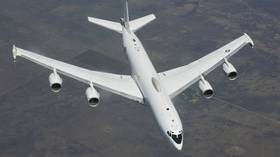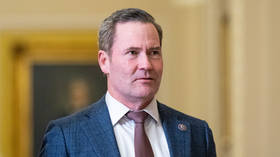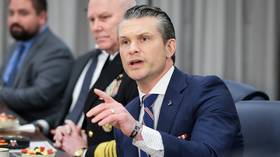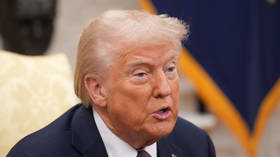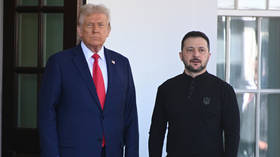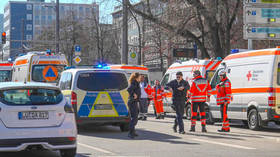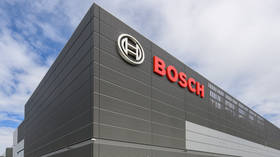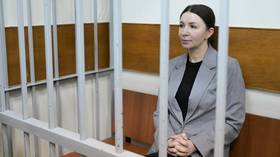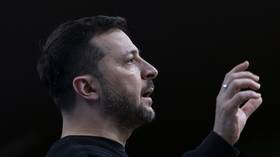Moscow warns of nuclear clash risk
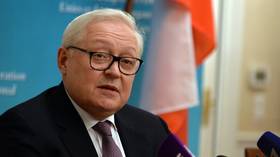
Washington’s efforts to add fuel to the Ukraine conflict could potentially trigger a direct nuclear standoff, Russian Deputy Foreign Minister Sergey Ryabkov warned on Thursday.
Speaking on the sidelines of the Geneva Conference on Disarmament, Ryabkov said “the most acute strategic threat comes from” the policies of the US and NATO, which seek to “further stoke the conflict in Ukraine and [tensions] around it which they deliberately initiated.”
Against this backdrop, the senior diplomat warned that the “increased involvement” of the US and NATO in hostilities was “fraught with the threat of a direct military clash of nuclear powers with catastrophic consequences.”
Ryabkov said Moscow had alerted Western countries about these risks but that its warnings “are being distorted for propaganda purposes” and deliberately misinterpreted. He went on to add that such policies are at odds with nuclear states’ declaration that a nuclear conflict should never be fought.
In January 2022, in a rare display of unity, five nuclear powers – Russia, China, the US, UK, and France – issued a joint statement saying that they “consider the avoidance of war between Nuclear-Weapon States and the reduction of strategic risks” as their foremost responsibilities.
The diplomat added that the “destructive actions” by the US and its allies are fomenting tension in several regions across the world, which suggests that “we can talk about the growing global struggle for a new world order,” Ryabkov added.
All of these developments “make it harder and harder to deal with arms control and strategic risk reduction,” according to Ryabkov.
His comments come after Russian President Vladimir Putin announced last month that Moscow would suspend its participation in the New START treaty, the last remaining nuclear deal between Russia and the US, which puts restrictions on the number of nuclear assets deployed by the two sides around the world.
Explaining the reason for the move, Putin said that the West had denied under formal pretexts Moscow’s requests to inspect Western nuclear facilities in accordance with the treaty. At the same time, he noted that NATO countries were demanding access to Russia’s strategic facilities.
Earlier this week, Anatoly Antonov, Russia’s ambassador to the US, said that Washington must reconsider “its hostile anti-Russian policy” to “create conditions for a return to full-scale operation of New START.”
